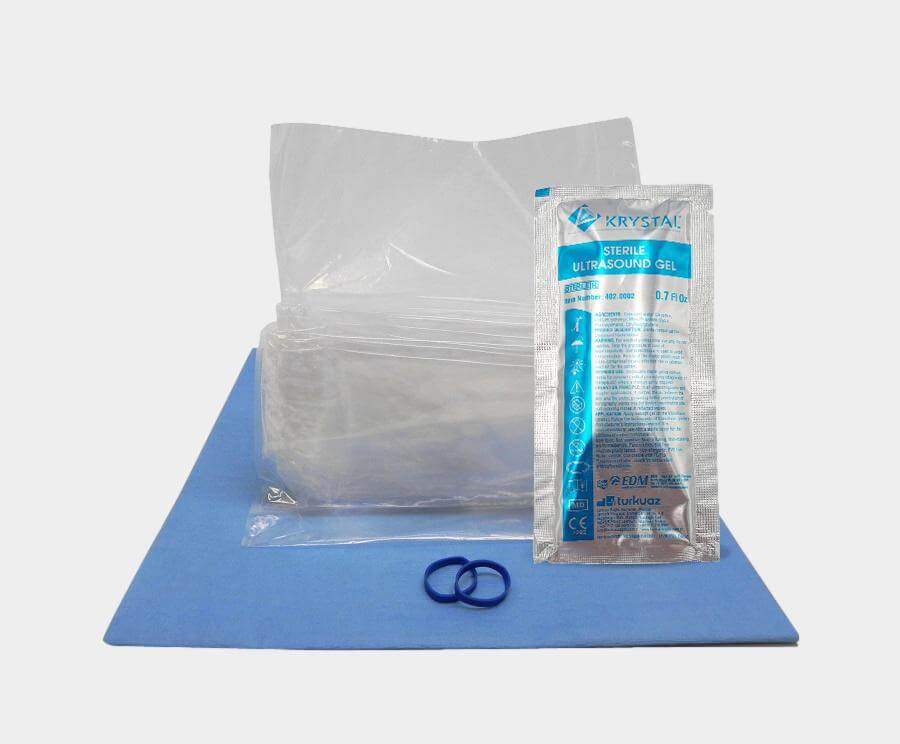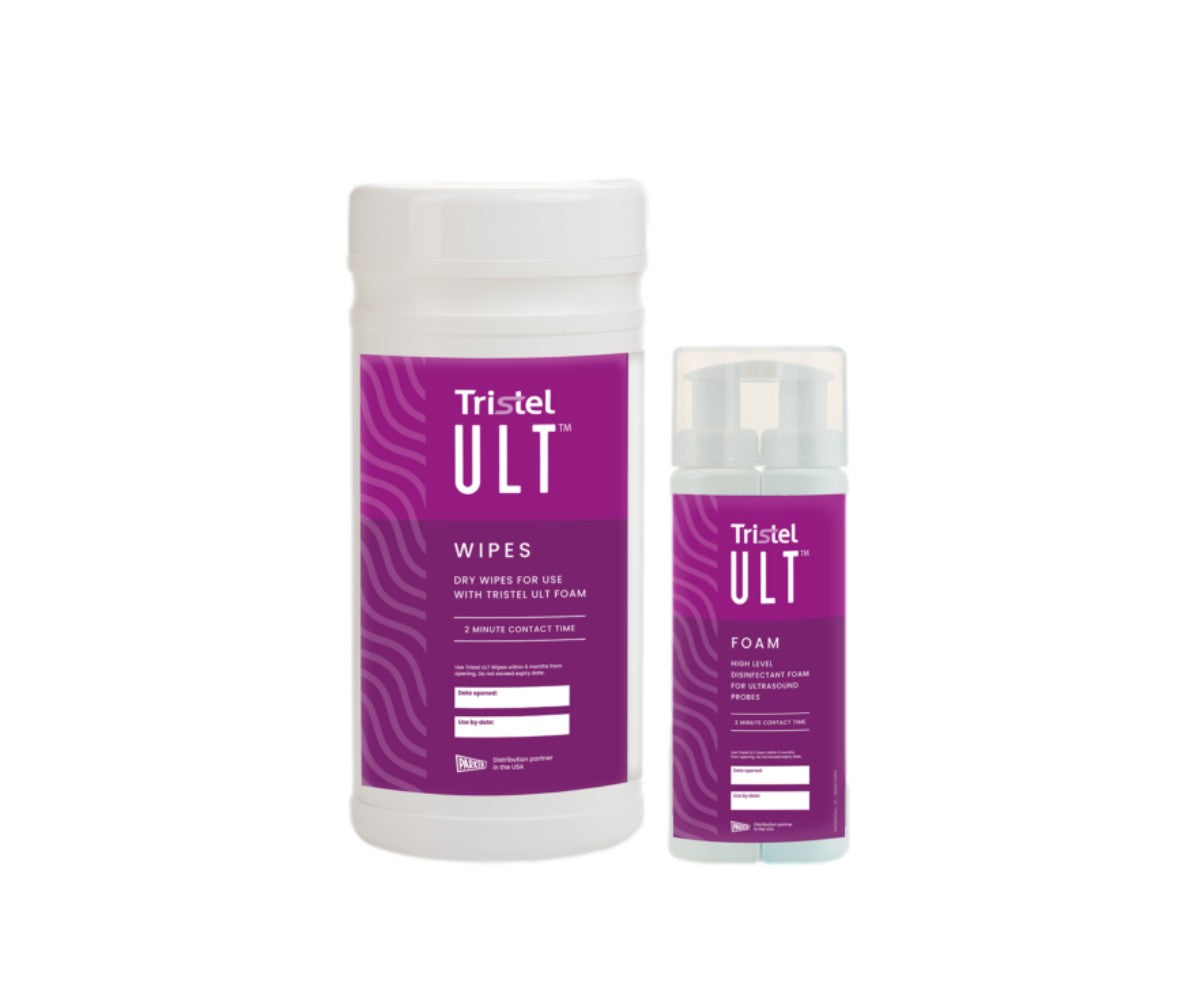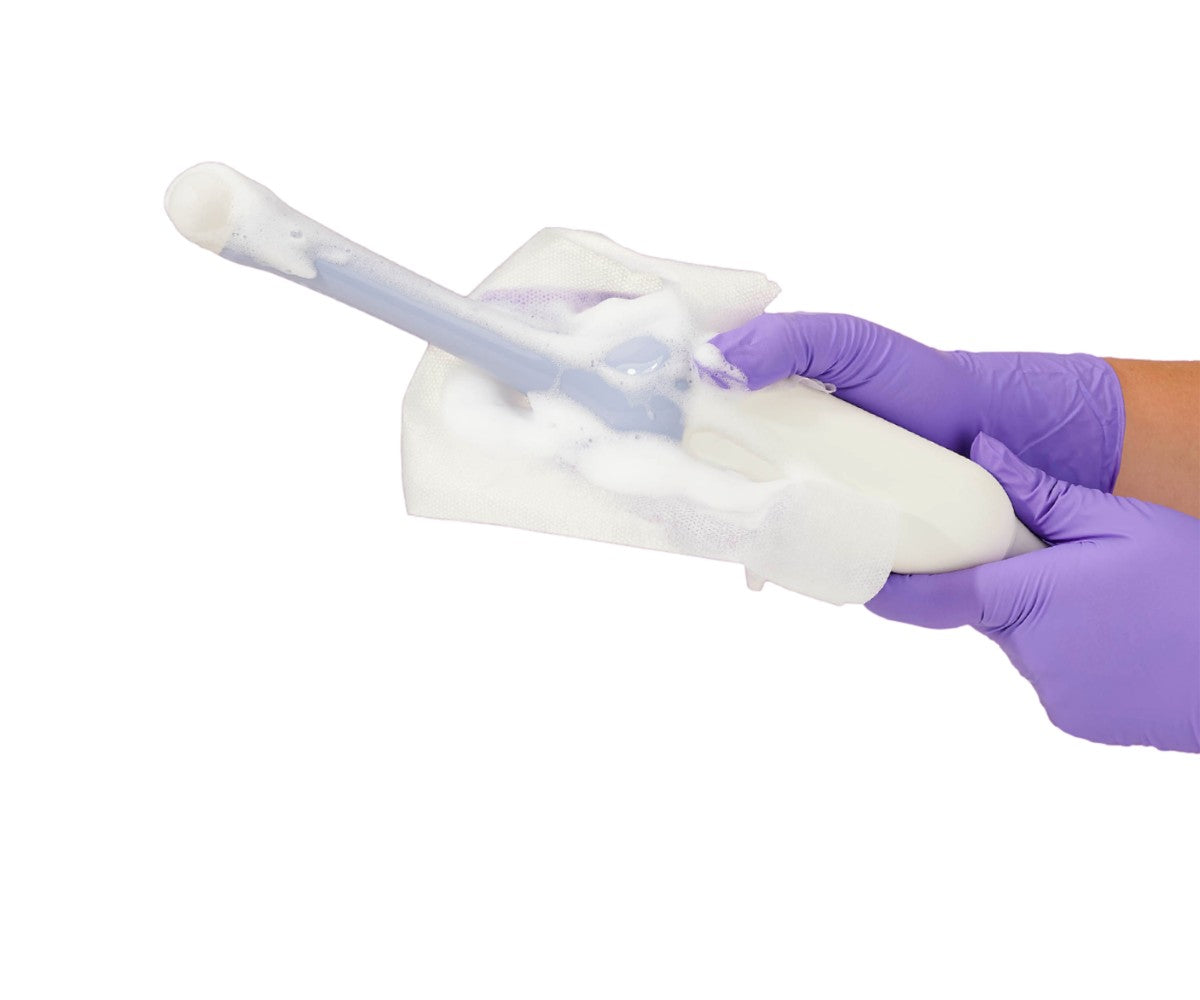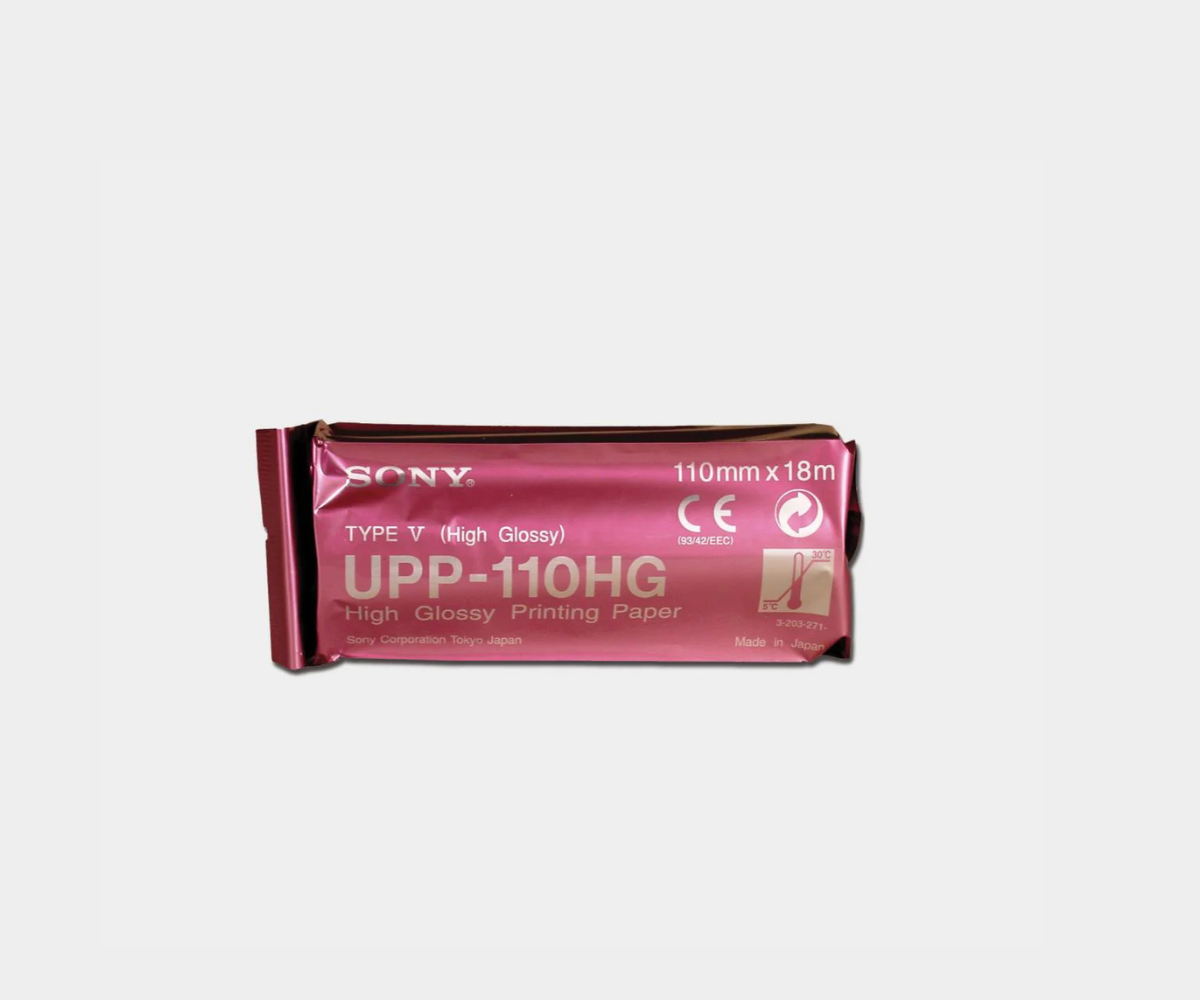In the meticulously controlled environment of in vitro fertilization (IVF) labs, a significant transformation is quietly unfolding. The question is not whether these advancements will reshape fertility medicine, but when and to what extent. This article explores how automation could revolutionize IVF labs, drawing insights from a study published in Reproductive Sciences.
Transforming Trans-Vaginal Oocyte Retrieval
Trans-vaginal oocyte retrieval (TVOR) is a critical step in the IVF process, involving the ultrasound-guided aspiration of follicular fluid from the ovary, followed by the microscopic recovery of oocytes in the lab. Recent advancements in AI and robotics promise to enhance the accuracy and efficiency of this process. Research by Matsubayashi and colleagues demonstrates that AI can aid in the recognition of empty and oocyte-containing follicles from ultrasound images, potentially reducing the duration and improving the precision of TVOR.
Moreover, the development of the Eggcell, a fluid-filled oocyte retrieval chamber by Newcastle University and Labman Automation, offers hope for a semi-automated oocyte recovery process. This innovation protects oocytes from temperature and pH variations during retrieval, though it is still in early clinical use and requires further trials before routine implementation.
Enhancing Oocyte Selection
Oocyte selection, traditionally limited by practical and clinical constraints, stands to benefit significantly from AI integration. Tools like AIR-O and VIOLET, which utilize deep learning algorithms, show promise in predicting oocyte fertilization and blastocyst development potential with higher accuracy than skilled embryologists . Such advancements could streamline social freezing, manage patient expectations better, and optimize egg donation cycles.
Revolutionizing Semen Analysis and Preparation
Male factor infertility accounts for half of infertility cases, making robust semen analysis and preparation essential. While computer-assisted sperm analysis (CASA) has been in use for some time, its automated counterpart, CASAnova, has proven effective in accurately classifying sperm motility . Microfluidic technology also holds promise, with devices like the FERTILE (Zymot) chip offering non-invasive, high-precision, and rapid semen preparation, thereby reducing DNA damage risk compared to traditional methods.
Towards Automated Insemination and ICSI
Automating conventional IVF and intra-cytoplasmic sperm injection (ICSI) is a complex yet exciting frontier. Research has shown that microfluidic devices can automate steps like oocyte denudation and sperm immobilization . Robotic systems have also demonstrated high success rates in sperm injection, comparable to experienced operators . While fully automated ICSI remains a futuristic goal, integrating AI to standardize and optimize the procedure could yield significant improvements in clinical outcomes.
Advancing Embryo Culture and Selection
Time-lapse imaging (TLI) incubators, like Embryoscope™ and Geri®, have revolutionized embryo culture by allowing continuous, automated monitoring without environmental stress . AI algorithms, such as KIDScore® and iDAScore®, have further refined embryo grading, reducing human bias and increasing selection accuracy . These systems, while expensive, represent a significant step towards automation in embryo selection.
Innovations in Preimplantation Genetic Testing and Metabolomics
AI-enhanced platforms like PGTaiSM are improving the accuracy and objectivity of preimplantation genetic testing (PGT), despite ongoing debates about its effectiveness in enhancing ART success rates . Non-invasive metabolomic approaches, combined with AI, offer promising alternatives for embryo selection, potentially improving clinical outcomes cost-effectively.
Personalizing Embryo Transfer and Cryopreservation
Advancements in molecular techniques have led to tools like the endometrial receptivity array (ERA), which, when integrated with AI, aim to enhance the precision of personalized embryo transfer (pET) . Automated cryopreservation systems, such as Gavi® and Sarah®, are also emerging, offering improved accuracy and reduced labor intensity, although cost and feasibility challenges remain .
Looking Forward
The future of automation in IVF is undeniably bright, with both AI and robotics poised to play transformative roles. AI is likely to see quicker adoption due to its lower cost and ease of implementation. Robotics, while offering profound potential benefits, will require significant investment and time to become a staple in IVF labs.
As these technologies evolve, they promise to make IVF more efficient, reduce costs, and potentially increase accessibility for patients worldwide. However, it is crucial to balance technological advancements with the irreplaceable expertise and nuanced understanding that experienced embryologists bring to the table. The integration of AI and robotics in IVF is not about replacing humans but augmenting their capabilities to achieve better outcomes for patients.
Overall, the journey towards fully automated IVF labs is an exciting and challenging one. While AI offers immediate benefits with its affordability and ease of use, the full potential of robotics will unfold over the next decade, driven by substantial investments and continuous innovation. As we move forward, the synergy between human expertise and technological advancements will define the future of reproductive medicine.

EDM Medical Solutions is a premier supplier and manufacturer of medical imaging products, including ultrasound supplies, surgical drapes, and needle guides. We are committed to delivering a high-quality and cost-effective range of products that enhance patient care and operational efficiency.
Our Krystal brand, featuring probe covers and equipment drapes, sets the industry standard for quality, safety, and reliability. Switching to Krystal can mean up to 30% in savings on your supplies.
With market-leading prices and rapid shipping options, we ensure our clients have immediate access to the supplies they need, when they need them. That's why over 2,000 facilities in the US choose EDM.
By prioritizing customer satisfaction and maintaining excellent service standards, EDM continues to be the partner of choice for facilities across clinical areas, including ASCs, imaging centers, and Ob/Gyn practices.








